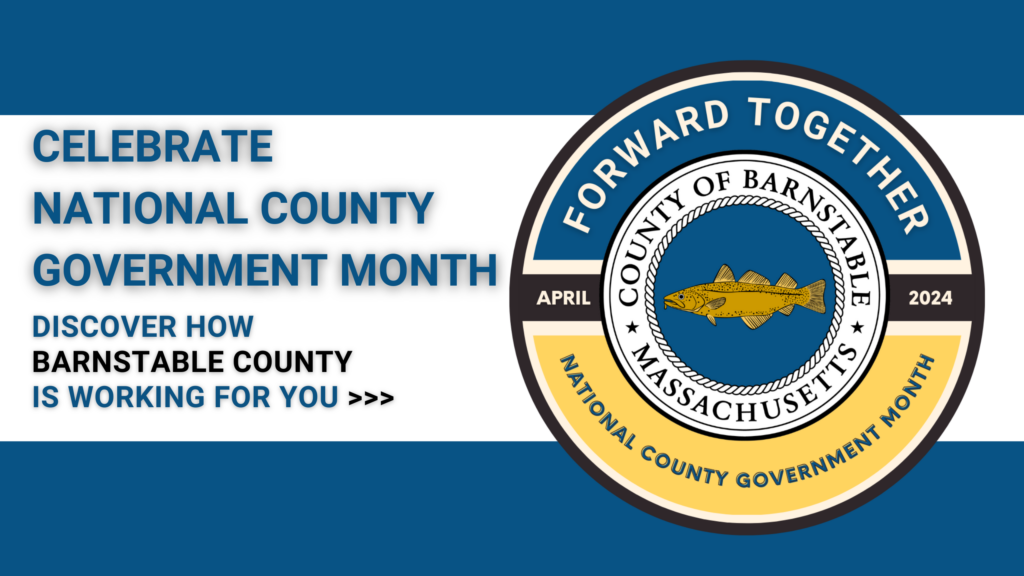
Smoking Ban Makes Sense in Public Housing
There’s a cruel irony about smoking: Those who can least afford to smoke are the ones most likely to.
Higher-income, well-educated people have all but given up smoking in recent years. The 17 percent of adults who do still smoke, according to the Centers for Disease Control, are disproportionately low-educated and more likely to be on Medicaid – the health care program for those with limited resources.
Too many of these low-income people are spending a big share of what little income they have on cigarettes. And as any smoker can testify, the price of smoking has risen significantly in recent years. A one-pack-a-day habit costs more than $5,000 a year; even rolling your own costs more than $1,850 a year.
But smoking isn’t just costly at the personal level. It also presents a huge public health expense – an estimated $300 billion annually in health care costs and lost economic productivity. Not to mention about 480,000 deaths each year.



